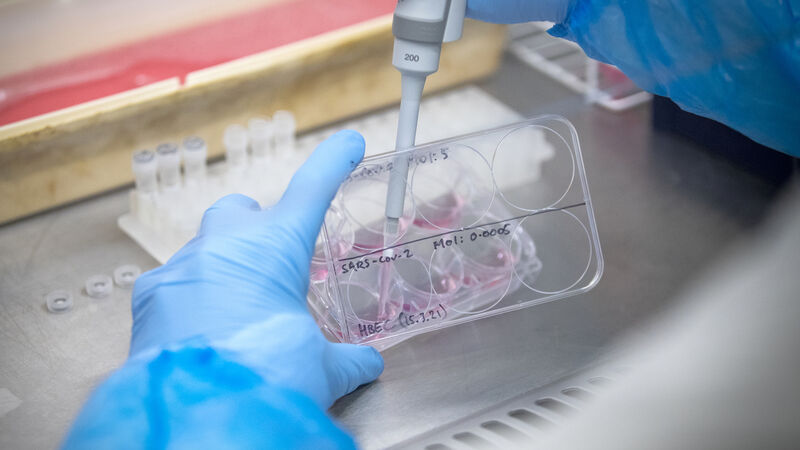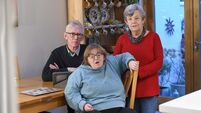Irish Examiner view: How coronavirus surprised science

A group of seven leading international experts on Covid-19, interviewed by 'The Guardian', produced a fascinating menu of experiences which either surprised them, or about which they were initially wrong.













